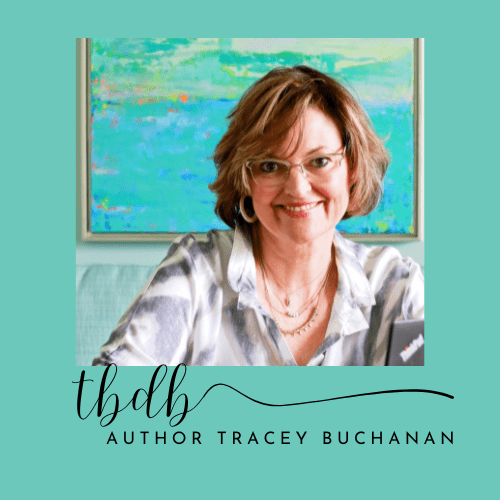Delphic Oracle, U.S.A.
The fictional Nebraska town of Miagrammesto Station–which in 1925 is transformed and renamed Delphic Oracle–is located just south of the Platte River and is home to a wild variety of characters. You are warned in the prologue (which I highly recommend paying attention to) that “you are about to meet a great many people, too many to keep track of at first. Don’t worry. You needn’t remember them all.”
With the help of narrator Father Peter Goodfellow, you’ll traverse the town’s history beginning in 1919 and ending in 2015.
Father Peter, a priest and the city manager, is also an inmate at the Luther Burbank Correctional Facility and he recounts the history as told to him by his great-grandmother, Willa Louise Goodfellow.
Populated with quirky, endearing, unpredictable characters, you grow to love all of them–even the curmudgeons and con artists.
I asked author Steven Mayfield a few questions about the book and I promise you’ll enjoy this “insider” info about this marvelous book being published by Regal House Publishing. Its pub day is Oct. 11–hey, that’s today! You can order it here.

Q. Why did you write this book?
A. Delphic Oracle, U.S.A. began as a short story. I then began another story and realized that the protagonists in both pieces lived in the same town. Those two stories became Chapters Two and Four of the book. Subsequently, I rifled through my “Ideas” file and found a bunch of orphan characters who also wanted to move to Delphic Oracle, Nebraska. So, the characters were around. They were just waiting for a place to live.
Q. What was the most rewarding aspect to writing it?
A. This book went through several incarnations over several years and trying to figure out a way to weave it together was painful at times. However, I worked with San Francisco author and editor Mary Rakow for a few months. Her advice and our collaboration was very rewarding. I worked with my writing group partners, Leslie Gunnerson, Chris Dempsey, and Mike Christian—always rewarding. My poor wife read umpteen drafts. Not rewarding for her, but I got a lot out of it. Once the book was picked up, I was able to work once again with Jaynie Royal at Regal House. That’s a three-cherries-on-the-slot-machine reward. I like to revise (Writing a rough draft is like putting my mouth over the end of a hot exhaust pipe and being dragged across a field of prickly cactus.) so that was rewarding. But the most rewarding? The bourbon and bitters for me and the martini for my wife on the day I finished a submittable draft. Love those days.

Q. Did anything change drastically from your first draft to the final version?
A. Too much changed to fully recount here, but the biggest revisions were a switch from an omniscient to a first-person narrator at the suggestion of Mary Rakow and the deletion of a very long chapter (45,000 words) only loosely linked to the rest of the book. The latter suggestion came from writer/poet Leslie Gunnerson and I immediately knew she was right. It made the rest of the novel fit together and I hope to someday revise the deleted chapter into a novella.
What do you hope is the take-away for readers?
A. At my age, I have no illusions about people and the world. Frankly, I’m a bit of a cynic, but my form of cynicism is a blend of idealism and sentiment. I’m idealistic enough to see the world as it should be and sentimental enough to recall the time before disillusionment—those magical years when I was “a tender and callow fellow” like the narrator, El Gallo, in The Fantasticks. My fictional worlds come from that wellspring, and like the characters in The Fantasticks, I see the world that should exist conflicted by uncomfortably persistent realities. However, in the end, we persevere. That’s what I want the reader to take away from Delphic Oracle, U.S.A. and I’ve tried to do it without making her/him feel wretched. I want the reader to feel something and to be left with the belief that most people are trying their best even when their best falls short. In essence, Delphic Oracle, U.S.A. is like life—sometimes hilarious, sometimes tragic, always unavoidable
